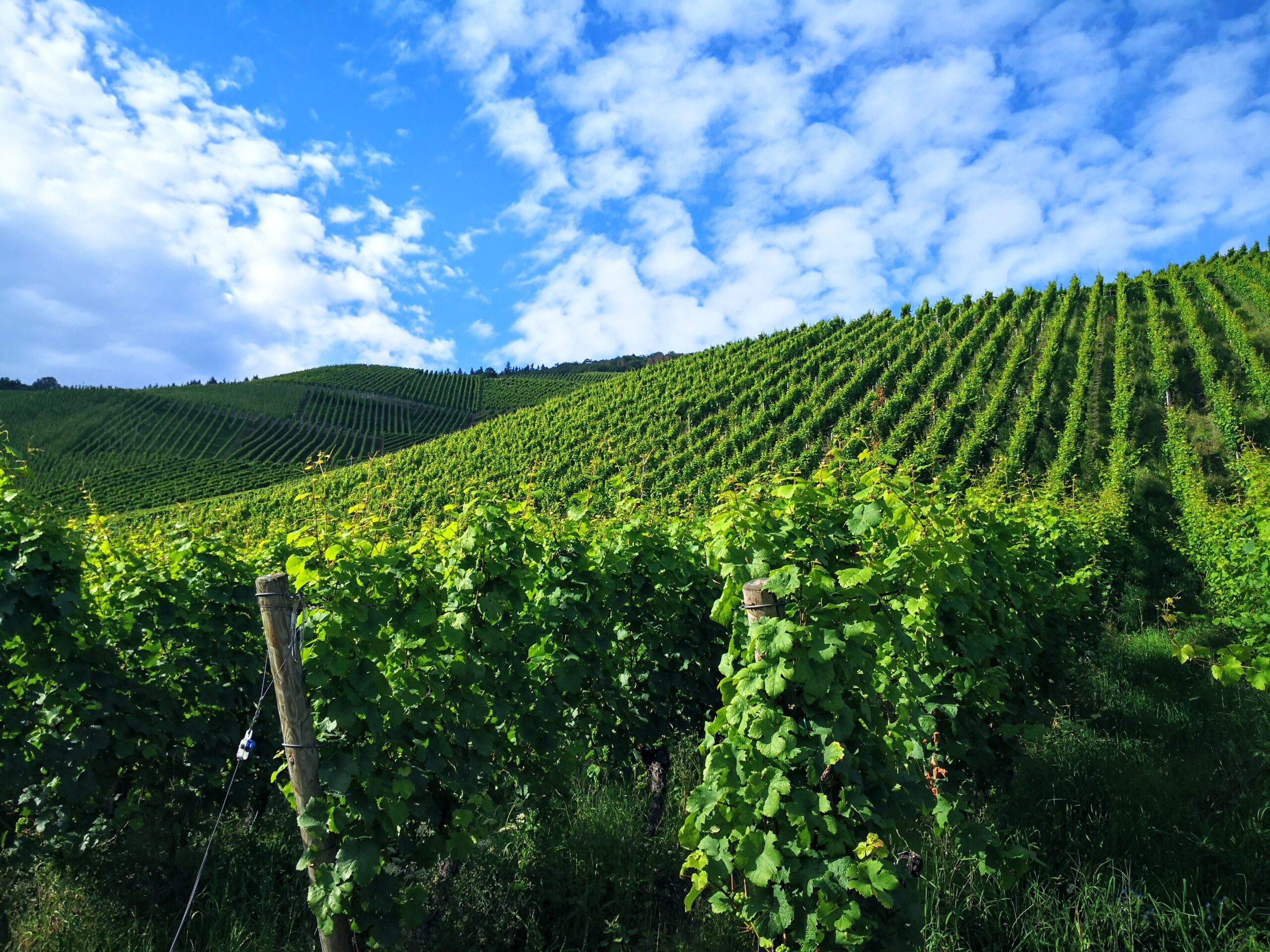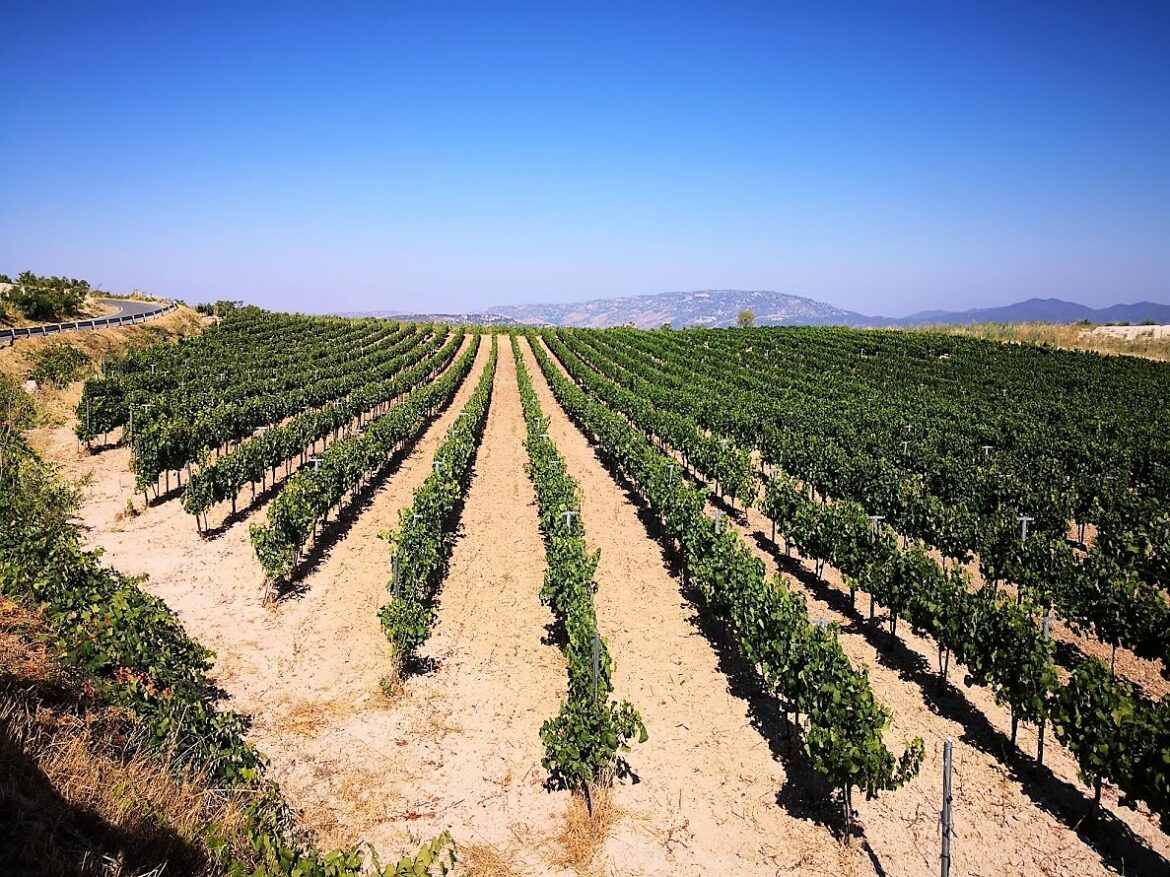The digital transformation of wine tourism does not only involve innovative technologies but also involves new business models and new approaches to communication and marketing in the winery.
In these times where we are in an unstable situation in the market as a consequence of the global health situation, companies need to develop digital communication channels as a means of communication and online sales.
A report prepared by consultancy DNA analyzing the impact of Covid-19 points out that the activities and experiences that will recover the fastest are those of rural tourism and nature, when they provide services in open space and have facilities located in a natural environment. Now tourism demands safety, contact with nature and not overpopulation.
Some recommendations for the digital transformation of wine tourism.
The first and foremost is not to reduce marketing and communication but to focus on sustainability especially in companies located in rural areas, where wine tourism is not yet a reality.
Now is a good time to promote wine tourism in wineries.
The digital transformation of wine tourism must begin with some basic questions for each winery. These questions must be answered in the affirmative and are:
Is there a way to make reservations for the wine tourism experience? Is there any way to retain wine tourism customers? Is there a newsletter or way to contact customers? Is there an online store that allows consumers to buy directly?
Currently, in the wineries it is necessary to develop tourism as a new business sector, which together with the creation of some scheme (membership) that allows the dedication of wine tourists as a new way of marketing.
So what should producers do to digitize their winery?
- To recognize the value of wine tourism within the winery as a business line, complementary to the wine farm.
- To learn the impact of information and communication technologies on the winery.
- Online business modeling in wine tourism and control of digital marketing tools: website, social networks, e-commerce, direct sales.
- To recognize the importance of the Brand on the Internet and the coexistence between social networks and the website.
- Knowledge of European standards to offer quality e-commerce.
- Build customer loyalty through neswsletters, emails and eWOM (electronic word of mouth) to enable wine tourists to become customers, Brand ambassadors and recommend them to other tourists.
Another key skill is knowing how to analyze online media about the brand.
These are just some of the things that are required if wineries are to achieve an effective digital transformation of wine tourism.
As Oenognosia we are at the disposal of Wineries who need help in implementing part of their digital transformation. Contact us at info@oenognosia.com



